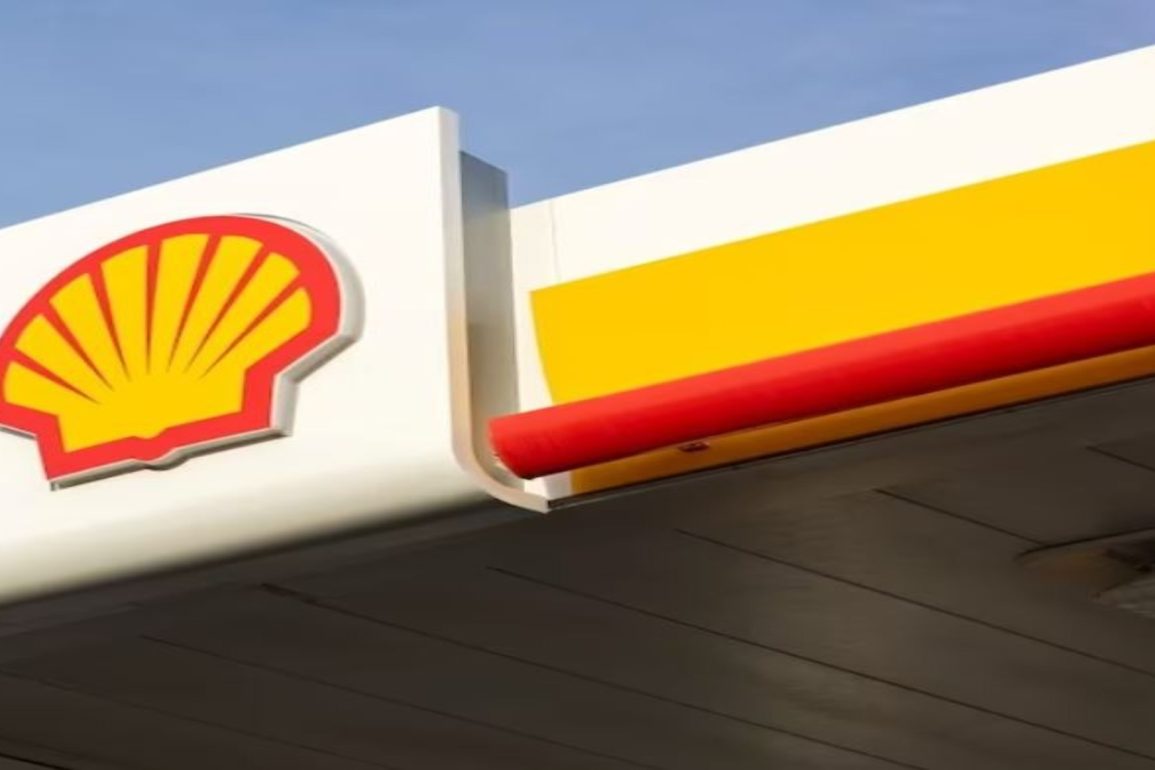- Summary:
- Royal Dutch Shell has reported a decline in profits from last year's all-time high $39.9 B, but has announced a $3.5 billion share buyback
Oil marketer Royal Dutch Shell posted a slump in after-tax profit slumped from $42.3 billion in 2022, to $19.4 billion last year. Nonetheless, the company has increased its dividend payment by 4% and will buy back $3.5 billion worth of shares. The LSE-traded Shell share price was trading at 23-day high of 2,524 GBX, having gained 3.2% in the previous 24 hours.
Shell reported $28.25 billion for the full-year 2023, a 29% drop from its highest-ever annual profit of $39.9 billion in 2022, when the market reacted to Russia’s invasion of Ukraine. Despite increased operating costs, the earnings figures beat expectations. A spike in the sales volume of liquefied natural gas (LNG) offset reduced earnings from refining oil trading, and higher operating costs.
Low returns from chemicals unit and impressive “green” returns
Shell’s chemicals unit posted the worst performance, fairing poorer than the Group’s largely “unchartered” territory of renewable energy. The chemicals unit’s earnings in Q4 of 2023 generated $83 million, a massive drop from $1.38 billion Q3. Furthermore, the renewables and energy unit recorded a substantial drop in operating costs by 23%, well above the Group’s overall reduction of 1.7%.
Climate activists protested following Shell’s all-time high profits last year, calling for higher taxastion against oil companies. However, the impressive drop in operating costs, albeit with relatively “low” earnings of $154m could potentially stimulate greater focus on the company’s green agenda in the near and long-term.
Shell spent $5.6 billion on low carbon projects in 2023, and committed to going through with its net-zero emissions target by 2050. In order to contribute to the decarbonisation of the world’s energy system, Shell says it will continue focusing on and investing in low-carbon business models that have a good chance of succeeding.


